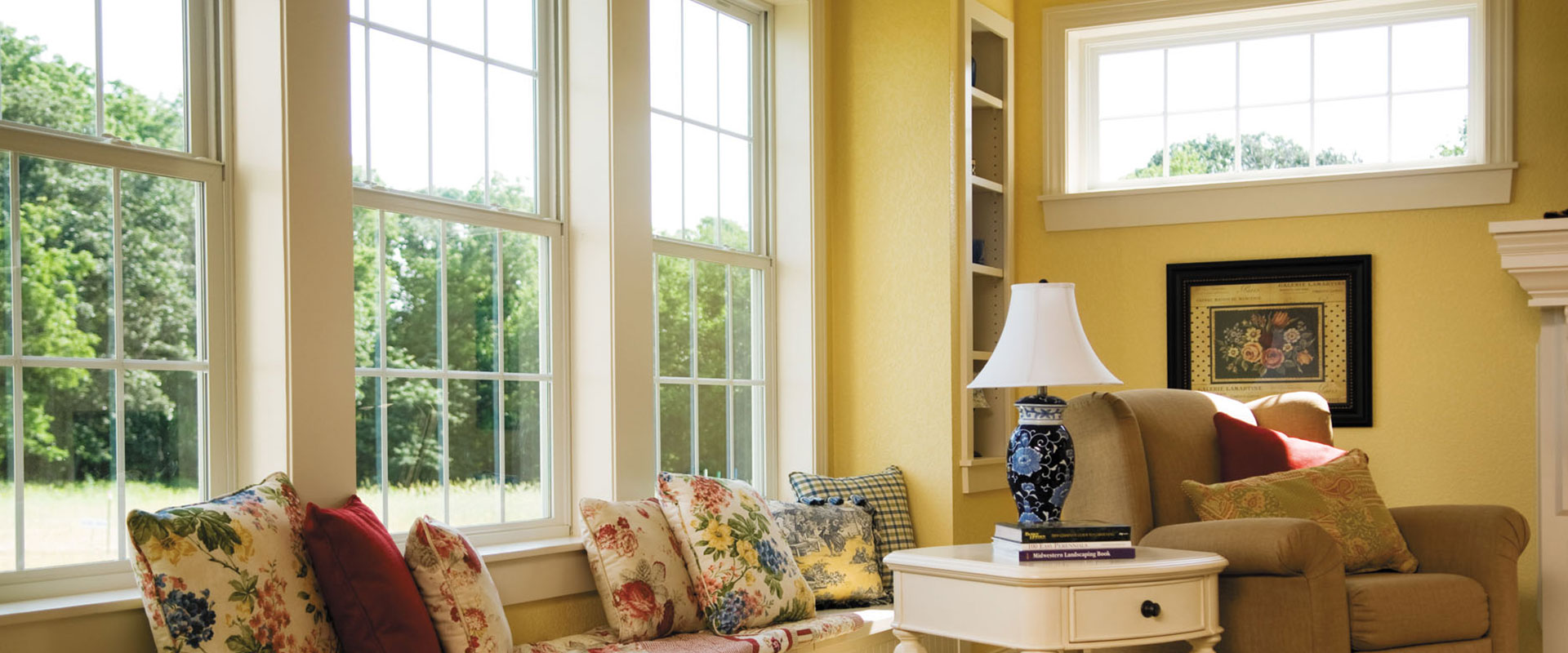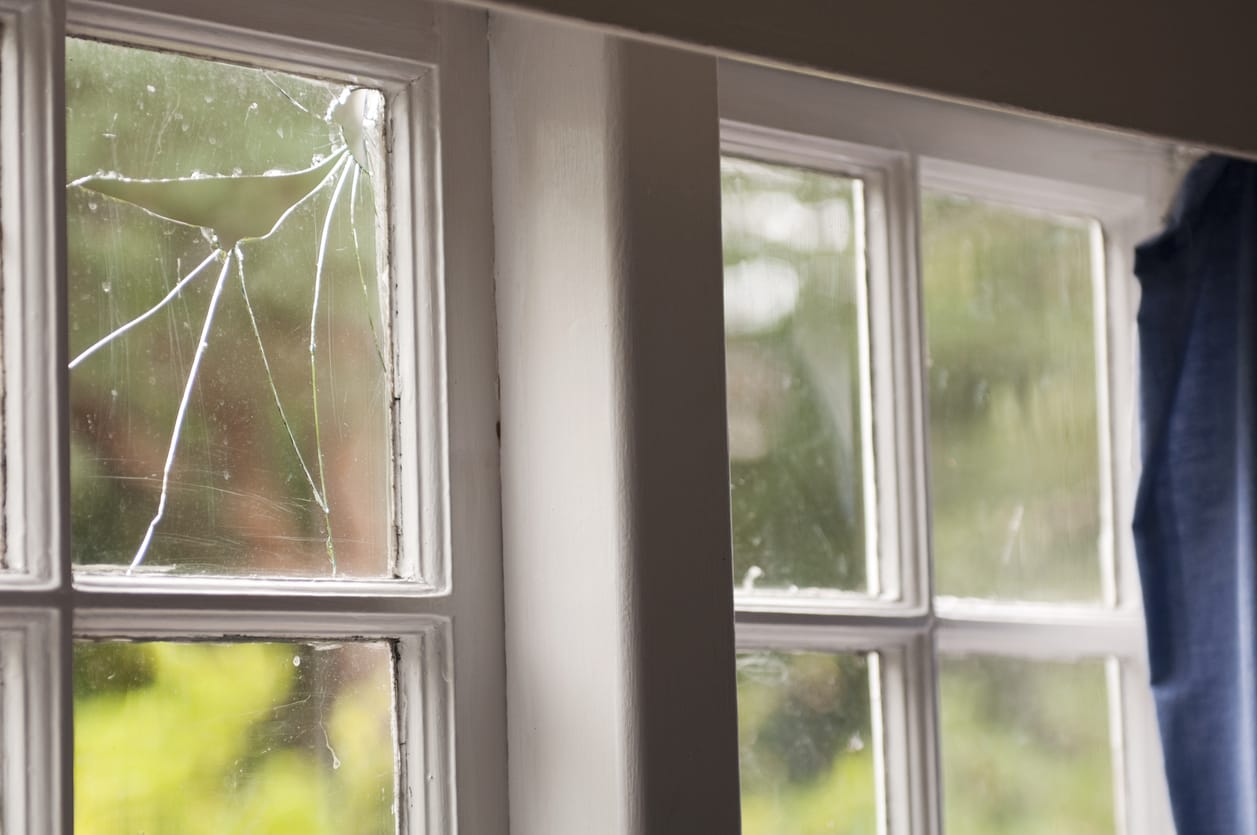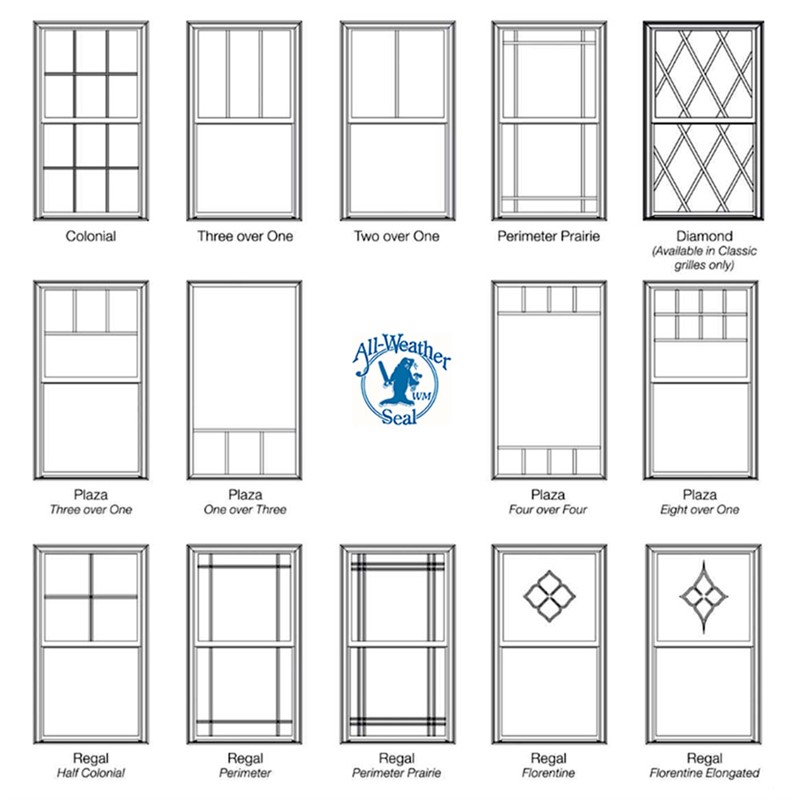Katy Window Replacement Professionals for Superior Service
Wiki Article
Upgrade Your Home With Energy-Efficient Home Window Replacements
In the realm of home improvement, the choice to update to energy-efficient window substitutes can dramatically influence both the capability and appearances of a house. Beyond the surface level of plain aesthetics, energy-efficient home windows supply a multitude of advantages that go beyond plain aesthetic charm.Benefits of Energy-Efficient Windows

The setup of energy-efficient windows provides significant savings on utility costs while boosting ecological sustainability. In addition, energy-efficient windows can aid regulate wetness levels within the home, decreasing the threat of mold and mildew development.
Beyond the financial advantages, energy-efficient windows add to ecological sustainability by reducing carbon exhausts connected with energy manufacturing. Overall, investing in energy-efficient windows not only boosts the convenience and performance of a home yet also lines up with eco conscious methods.
Types of Energy-Efficient Glass
Various advanced types of energy-efficient glass offer unique residential or commercial properties that provide to different demands and preferences in boosting the sustainability and efficiency of buildings. Triple-pane glass, consisting of three layers of glass with protecting gas between them, provides enhanced thermal insulation, making it highly energy-efficient. Additionally, self-cleaning glass with an unique finish that breaks down and loosens up dirt when subjected to sunlight can reduce maintenance needs and maintain home windows looking tidy.Factors to Take Into Consideration When Picking
When contemplating energy-efficient home window substitutes, it is critical to carefully assess particular aspects that align with your sustainability objectives and desired energy savings. One important variable to take into consideration is the home window's energy performance ratings, such as the U-factor and Solar Warmth Gain Coefficient (SHGC) The U-factor procedures exactly how well the window insulates, with lower numbers suggesting much better insulation, while the SHGC indicates the window's capacity to obstruct warm from sunshine. Additionally, the window frame product plays a significant duty in energy efficiency. Materials like fiberglass, plastic, or timber with thermal breaks are outstanding selections for reducing warm transfer. Another vital factor to consider is the home window design and alignment concerning sunlight exposure. Picking the right home window style and strategically placing them can make best use of all-natural light while decreasing warm gain or loss. Finally, installation quality is key to ensuring the home windows perform as planned. Proper setup assists avoid air leak, guaranteeing optimal power efficiency. By very carefully examining these elements, you can choose energy-efficient home windows that improve convenience, minimize energy prices, and benefit the setting.Setup and Maintenance Tips

Regular maintenance is crucial to maintaining the effectiveness of your energy-efficient windows. Examine the windows regularly for any indications of wear, sealant, or damage degeneration. Clean the frames, tracks, and glass on a regular basis utilizing moderate soap and water to get rid of dust and gunk that can affect efficiency. Examine the weather-stripping and seals for any splits or voids and change them if required to keep the home windows' power effectiveness.
In enhancement, oil relocating components such as joints and locks to make sure smooth operation. By following these setup and upkeep suggestions, you can boost the energy performance of your home and lengthen the life expectancy of your energy-efficient windows.
Cost-Benefit Evaluation of Upgrading

Energy-efficient home windows are developed to lessen heat transfer, minimizing the requirement for heating and cooling down systems to burn the midnight oil. This can bring about considerable cost savings on power bills, specifically in regions with severe temperature levels. In addition, energy-efficient windows can enhance the general value of your home, making it a lot more appealing to potential customers if you decide to market in the future.
When computing the cost-benefit evaluation, consider the prospective cost savings on energy costs, any type of readily available motivations or rebates, and the lifespan of the home windows. While the initial expense might be higher, the long-term savings and advantages of energy-efficient home windows make them a wise financial investment for home owners wanting to improve their residential or commercial property's power performance and value.

Verdict
In verdict, updating to energy-efficient home window replacements uses numerous benefits such as decreased energy window replacement consumption, raised comfort, and expense savings. By choosing the appropriate type of energy-efficient glass and taking into consideration elements like frame material and installation, house owners can optimize the performance of their home windows.When considering energy-efficient home window substitutes, it is important to very carefully evaluate details elements that straighten with your sustainability purposes and desired power financial savings. The U-factor measures exactly how well the home window shields, with reduced numbers suggesting far better insulation, while the SHGC indicates the window's ability to obstruct warm from sunshine. By carefully assessing these factors, you can pick energy-efficient home windows that boost convenience, minimize power costs, and profit the environment.
While energy-efficient home windows might have a greater ahead of time price contrasted to traditional home windows, the lasting benefits often outweigh the initial investment.In conclusion, upgrading to energy-efficient window replacements supplies numerous advantages such as lowered energy intake, raised comfort, and expense financial savings.
Report this wiki page